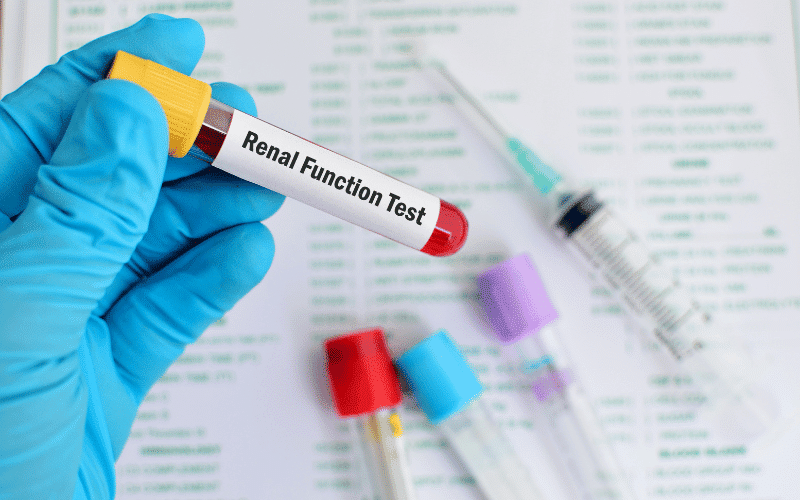Symptom 5: Renal Fanconi Syndrome: A Complex Kidney Dysfunction

Renal Fanconi Syndrome is a distinctive feature of cystinosis. It’s a condition that causes the kidneys to lose their ability to absorb important nutrients and electrolytes. As a result, these substances are excreted in the urine instead of being returned to the bloodstream.
The kidneys are designed to filter waste while simultaneously conserving vital substances such as glucose, amino acids, and bicarbonate. However, in renal Fanconi Syndrome, this selective filtration process is impaired. As a result, crucial nutrients and substances are lost in the urine, which can lead to a variety of complications.
One such complication is the development of metabolic acidosis, a condition where the body produces too much acid or can’t effectively eliminate it. This can result in fatigue, rapid breathing, and confusion. In severe cases, it may even lead to shock or death.
Another consequence of renal Fanconi Syndrome is the abnormal mineral balance in the body. The loss of vital electrolytes like phosphate and potassium can affect various bodily functions, including nerve transmission, muscle contraction, and bone health.
Moreover, the increased loss of substances in the urine can also lead to dehydration and disturb the body’s fluid balance. This can manifest as excessive thirst and frequent urination, further exacerbating the patient’s discomfort.
Renal Fanconi Syndrome is a complex kidney dysfunction that underscores the multi-organ impact of cystinosis. It shows how the disease can quietly disrupt normal bodily functions, leading to a host of challenges for those affected by it. (5)